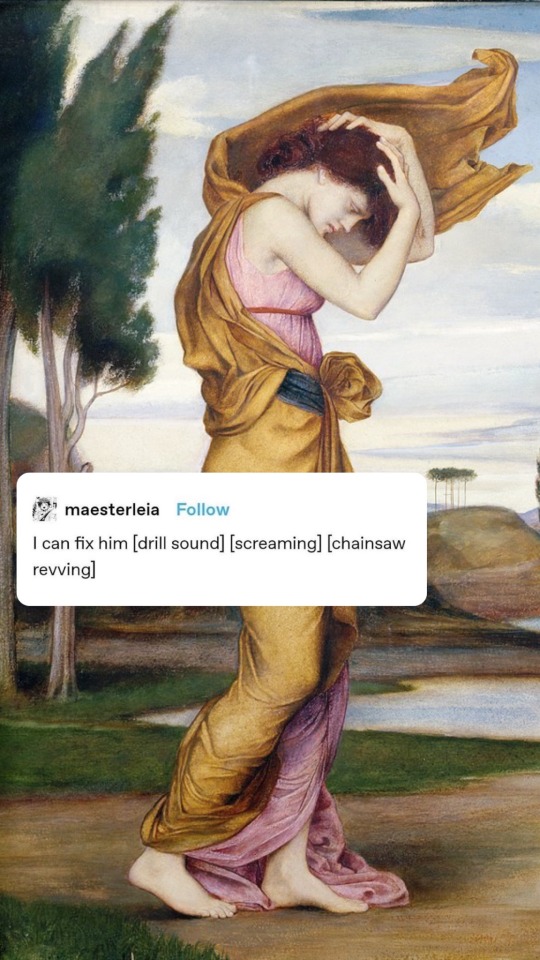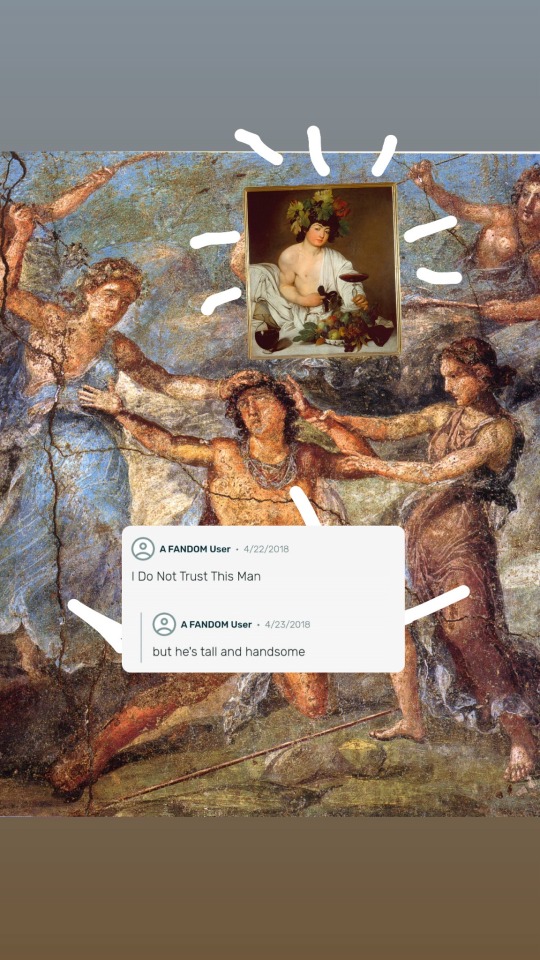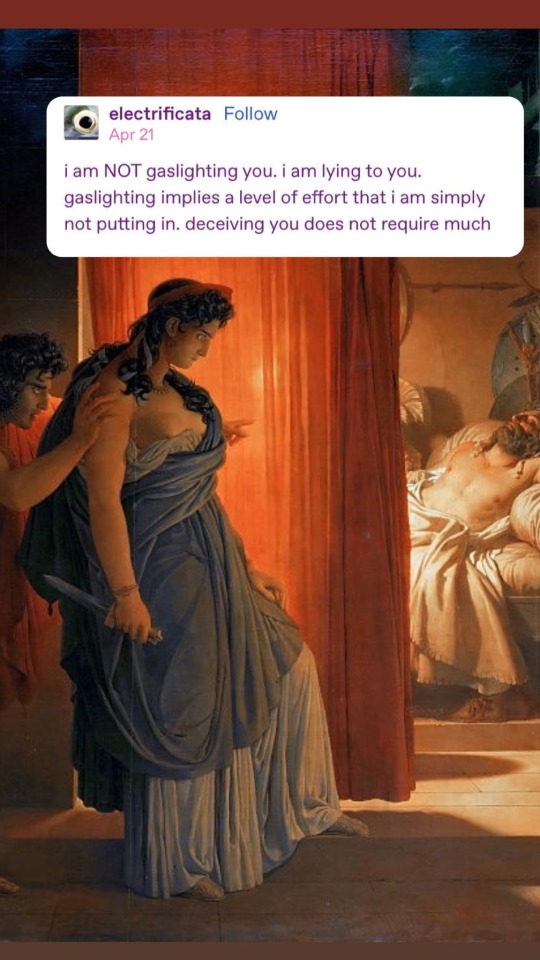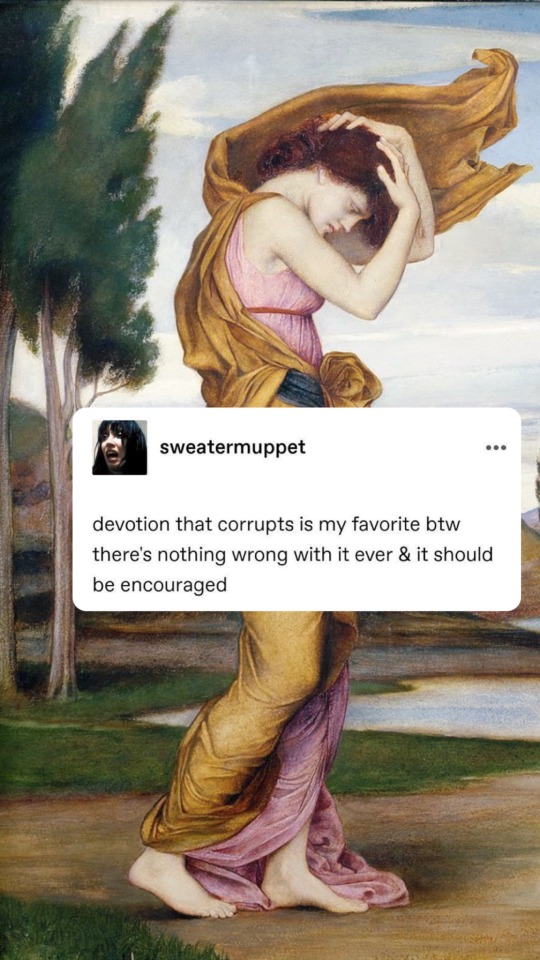#trakhiniai
Text
Putting my text post hands to classical use
✨main characters in my working thesis on Greek tragedy: there’s a murder in the oikos✨








(pt2)
#tagamemnon#guess my special interest#Greek tragedy#classics#Medea#deianira#clytemnestra#cassandra#dionysus#pentheus#the bacchae#libation bearers#women of trachis#agamemnon#maenads#herakles#hercules#greek mythology#ancient greece#klytaemnestra#medeia#bakkhai#trakhiniai
108 notes
·
View notes
Text
Language for Life
Revisiting the role of poetry in literacy

by Joseph M. Keegin
This way of reading and thinking is imperiled by the university’s turn toward the research sciences and practical education, coupled as it is with the neglect of the humanistic disciplines. Teachers and scholars who wish to preserve the possibility of a life devoted to the careful study of old texts have an institutional, even political, task ahead of them. But instead of working toward the creation of altogether new institutes of study, Carne-Ross proposes a more pragmatic, possibly more pessimistic endeavor: the formation of “enclaves” within the university as it currently exists, composed of collections of scholars and educators sympathetic to the task of restoration. It is a call, similar to Ray Bradbury’s Fahrenheit 451, for huddling together in the ruins and sustaining the fire.
But Carne-Ross is more than just a polemicist, and the book aims at more than just critique. The title alone belies this, as explained by a brief etymology on the cover page: “INSTAURATION: ‘1.… Restoration, renovation, renewal. 2. Institution, founding, establishment. Obs.’ OED.” (The inclusion of the Oxford English Dictionary’s finding that the term is obsolete is deployed by Carne-Ross as a gesture toward his foundational belief that much of the wisdom that is needed today is hidden, like a pearl in a rough oyster, within the ostensibly obsolescent detritus of the past.) The opening essay establishes the problem and clears the ground, but the essays that follow are for the sake of construction. They are closely reasoned, erudite, and above all inspired readings of poetry ancient and modern: on how Pindar’s sixth Olympian ode shows us how, in a culture “obsessed with the theme of solitary suffering,” we might “learn a way back to a poetry of celebration”; on how Sophocles’s Trakhiniai unsettles our habitual historicism and invites us to ask anew the question about man’s relation to nature; on how reading Dante after the twilight of Christendom makes visible the narrowness of our (post)modern hermeneutic situation, and beckons us to move beyond it; on Luis de Góngora and the curious loss of Renaissance literature after modernism; on Giacomo Leopardi as a reluctant modern, uncomfortable on the cusp of the new disenchanted age and mourning “the lost holiness of earthly life.”
READ MORE
15 notes
·
View notes